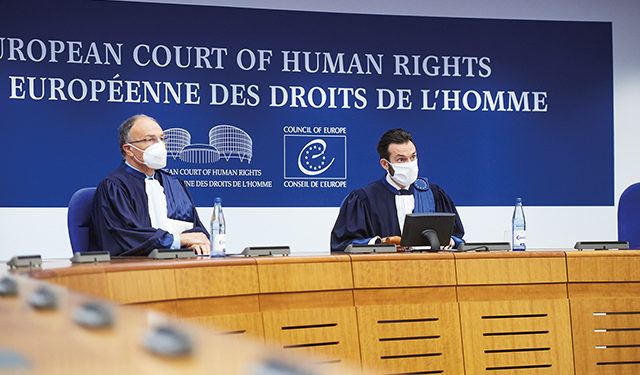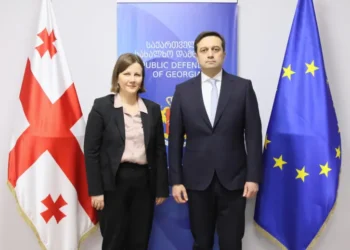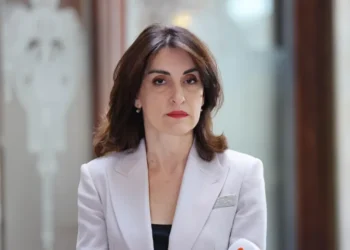In Thursday’s Grand Chamber judgment in the case of Georgia v. Russiathe European Court of Human Rights held, by eleven votes to six, that the events occurring during the active phase of hostilities (8 to 12 August 2008) did not fall within the jurisdiction of the Russian Federation for the purposes of Article 1 of the European Convention on Human Rights; by sixteen votes to one, that the events occurring after the cessation of hostilities (following the ceasefire agreement of 12 August 2008) had fallen within the jurisdiction of the Russian Federation; by sixteen votes to one, that there had been an administrative practice contrary to Articles 2, 3 and 8 of the Convention and Article 1 of Protocol No. 1 to the Convention; unanimously, that the Georgian civilians detained by the South Ossetian forces in Tskhinvali between approximately 10 and 27 August 2008 had fallen within the jurisdiction of the Russian Federation for the purposes of Article 1; unanimously, that there had been an administrative practice contrary to Article 3 as regards the conditions of detention of some 160 Georgian civilians and the humiliating acts which had caused them suffering and had to be regarded as inhuman and degrading treatment; unanimously, that there had been an administrative practice contrary to Article 5 as regards the arbitrary detention of Georgian civilians in August 2008; unanimously, that the Georgian prisoners of war detained in Tskhinvali between 8 and 17 August 2008 by the South Ossetian forces had fallen within the jurisdiction of the Russian Federation for the purposes of Article 1; by sixteen votes to one, that there had been an administrative practice contrary to Article 3 as regards the acts of torture of which the Georgian prisoners of war had been victims; by sixteen votes to one, that the Georgian nationals who had been prevented from returning to South Ossetia or Abkhazia had fallen within the jurisdiction of the Russian Federation; by sixteen votes to one, that there had been an administrative practice contrary to Article 2 of Protocol No. 4 as regards the inability of Georgian nationals to return to their homes; unanimously, that there had been no violation of Article 2 of Protocol No. 1; unanimously, that the Russian Federation had had a procedural obligation under Article 2 of the Convention to carry out an adequate and effective investigation not only into the events which had occurred after the cessation of hostilities (following the ceasefire agreement of 12 August 2008) but also into the events which had occurred during the active phase of hostilities (8 to 12 August 2008); by sixteen votes to one, that there had been a violation of Article 2 in its procedural aspect; unanimously, that there was no need to examine separately the applicant government’s complaint under Article 13 in conjunction with other Articles; 1. Grand Chamber judgments are final (Article 44 of the Convention). All final judgments are transmitted to the Committee of Ministers of the Council of Europe for supervision of their execution.
Further information about the execution process can be found here: www.coe.int/t/dghl/monitoring/execution. For more on this story, go to georgiatoday.ge.
Photos from the Grand Chamber hearing on the case Georgia v. Russia.
Credits: Council of Europe / Sandro Weltin














